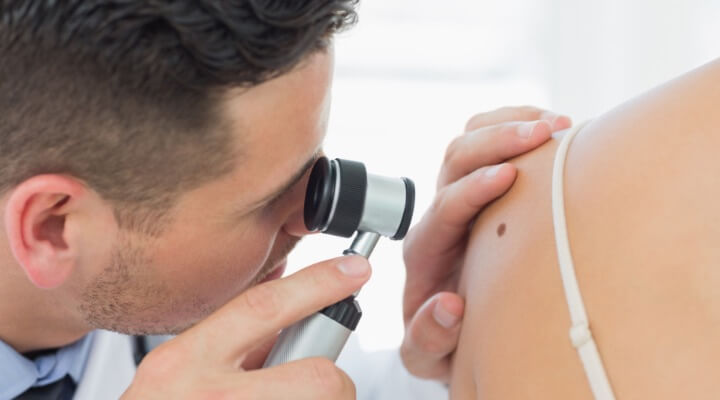Basal Cell Carcinoma: Warning Signs, Risk Factors, & Treatment Options
Learn More About Basal Cell Carcinoma (BCC)
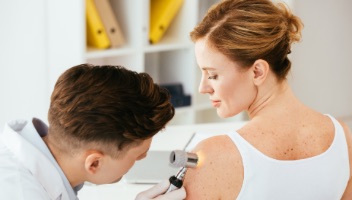 Learning more about common skin cancers, including basal cell carcinoma, is an important step when prioritizing the health of your skin.
Learning more about common skin cancers, including basal cell carcinoma, is an important step when prioritizing the health of your skin. With the amount of diagnosed cases rising year after year, it is essential to gain a deeper understanding of this dangerous skin disease to keep your risk of developing it as low as possible.
Read our helpful basal cell carcinoma guide to learn what this skin cancer is, where it begins, how it shows up on the skin, risk factors, and how we treat basal cell carcinoma.
What You Should Know About Basal Cell Carcinoma
- Basal cell carcinoma (BCC) is the most common form of skin cancer.
- It is estimated that around 3.6 million cases of BCC are diagnosed every year in the United States alone.
- Basal cell carcinoma is a slow-growing skin cancer that’s often easily treatable.
- Those who have ever tanned indoors have a 29 percent increased risk of developing basal cell carcinoma.
- Basal cell carcinoma is most often caused by exposure to harmful ultraviolet (UV) rays, such as those from the sun or indoor tanning beds.
- Fair-skinned people, those who easily sunburn, are more likely to get basal cell carcinoma than darker-skinned individuals.
What Is Basal Cell Carcinoma?
What Causes Basal Cell Carcinoma?
Common Basal Cell Carcinoma Symptoms
There are a few distinct ways that basal cell carcinoma shows up on the skin. Some of the most common basal cell carcinoma warning signs and symptoms include:
- Open sore that heals and comes back.
- Skin lesion that never seems to fully heal.
- Raised pink growth with an indented center.
- Lesion that looks similar to a pimple that continues to enlarge and occasionally bleeds.
- Shiny, translucent, or pearly nodule.
- Growths with raised, rolled edges.
If you’ve noticed any of the basal cell carcinoma symptoms mentioned above, we urge you to make an appointment with a board-certified dermatologist as soon as possible. Early detection is key for effective basal cell carcinoma treatment!
Basal Cell Carcinoma Risk Factors
A risk factor is anything that increases your risk of developing basal cell carcinoma, as well as other forms of skin cancer, including squamous cell carcinoma and melanoma.
- Basal cell carcinoma risk factors include:
- Frequent exposure to UV rays
- Fair complexion (light skin; blond or red hair; blue, green, or grey eyes; or skin that freckles or burns easily)
- Previous history of skin cancer
- Males aged 40 years or older
- Females younger than 40 years old
- Organ transplant
- History of frequent sunburns
- Use of indoor tanning beds
While not all of these things are avoidable, there are certain steps you can take to reduce your risk. Examples include completely avoiding the use of tanning beds, regularly wearing sunscreen and protective clothing to prevent sunburns, and staying out of the sun during peak hours.
Top Treatments for Basal Cell Carcinoma
At The Dermatology & Skin Surgery Center of Wilmington, we use several different procedures to treat basal cell carcinoma. These treatments may include one or a combination of the following:
- Mohs Surgery
- Surgical Excision
- Curettage and Electrodesiccation (Electrosurgery)
- Photodynamic Therapy
- Cryosurgery
- Topical Medications
From Our QualDerm Family of Brands: Non-Melanoma Skin Cancers
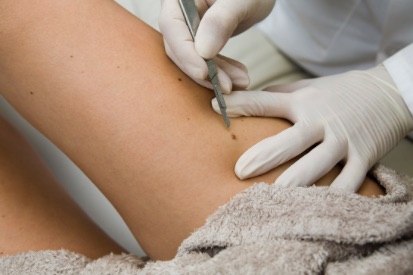
Skin Cancer Treatment at The Dermatology & Skin Surgery Center of Wilmington
Now is the time to schedule your total body skin exam. Early detection is crucial in skin cancer treatment.
Featured Sunscreens
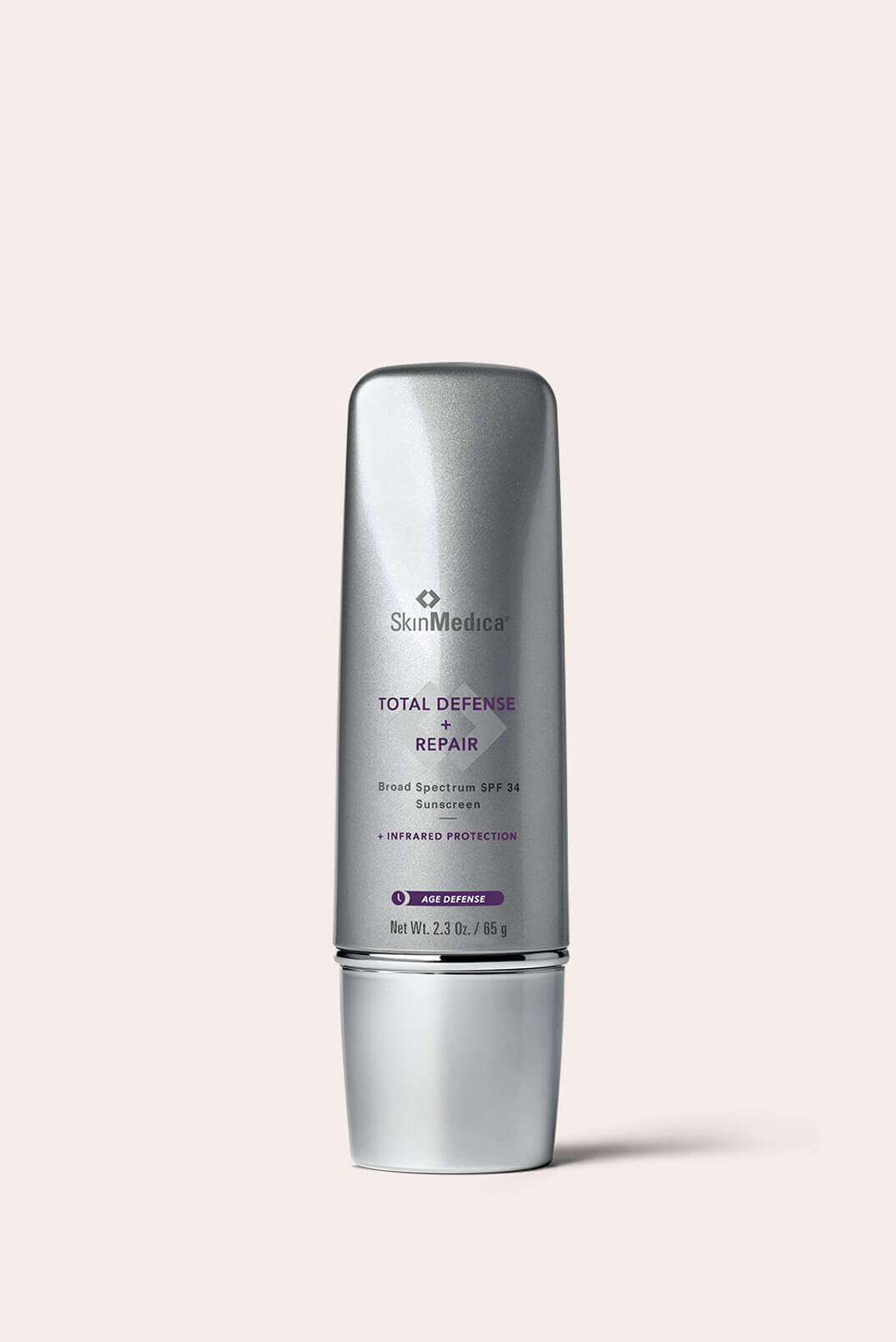
SkinMedica Total Defense & Repair Broad Spectrum Sunscreen
Revolutionary non-tinted superscreen goes beyond UV protection to defend against harmful infrared rays while supporting the skin’s ability to restore itself. Appropriate for all skin types. 65 g / 2.3 oz
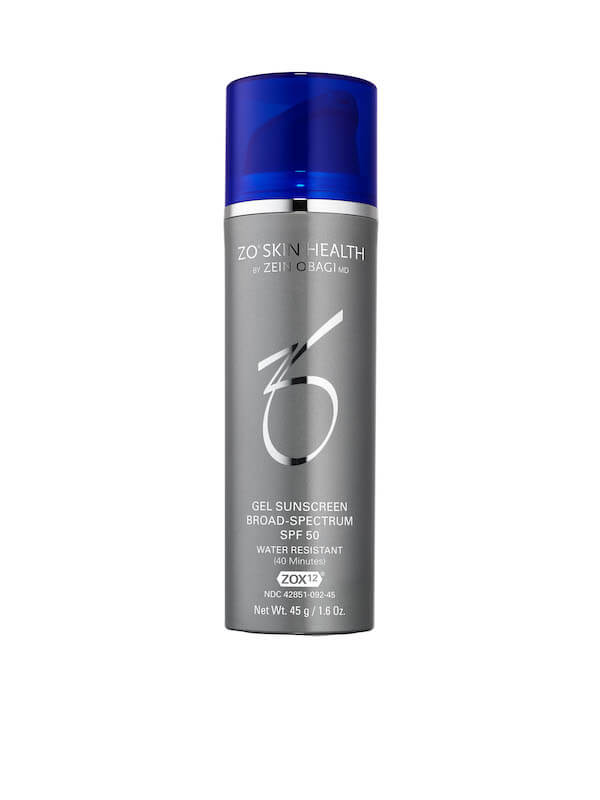
ZO® Broad-Spectrum Sunscreen SPF 50
For sensitive and post-procedure skin, this lightweight, non-irritating mineral sunscreen, with ZOX12® complex, protects against damaging effects from UVA/UVB and IR-A rays, and from HEV light. Net Wt. 118 g / 4 Oz
Related Blogs
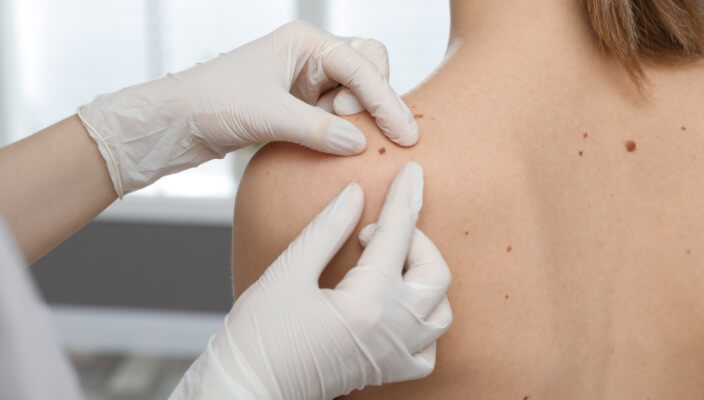
- Skin Cancer
- General Dermatology
- Skin Exams
Have you noticed a new spot pop up on your skin or a mole that has changed a little bit over time? Though many individuals have spots, moles, and patches of skin that may look completely harmless, skin cancer can often be sneaky and show up in ways you may not expect.
Read More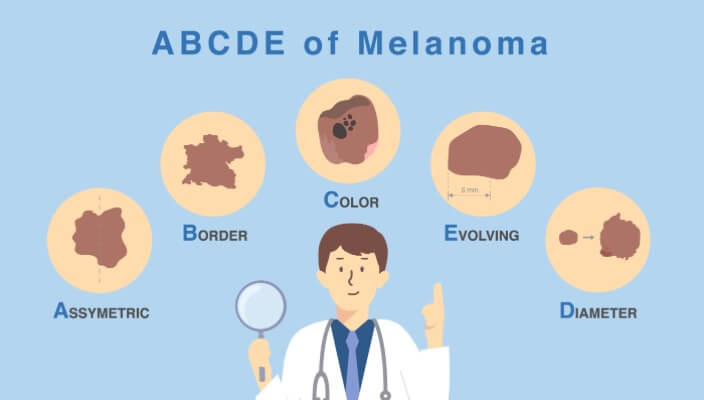
- Skin Cancer
- Skin Exams
With skin cancer cases rising year after year, it’s no surprise that people are itching to learn more about this life-threatening skin disease
Read More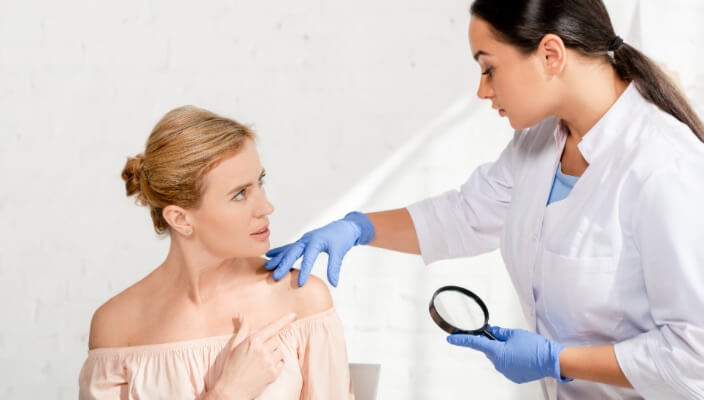
- Skin Cancer
- General Dermatology
- Skin Exams
- Sun Safety
If your dermatologist finds a suspicious mole during your TBSE, they want to perform a skin biopsy.
Read More
